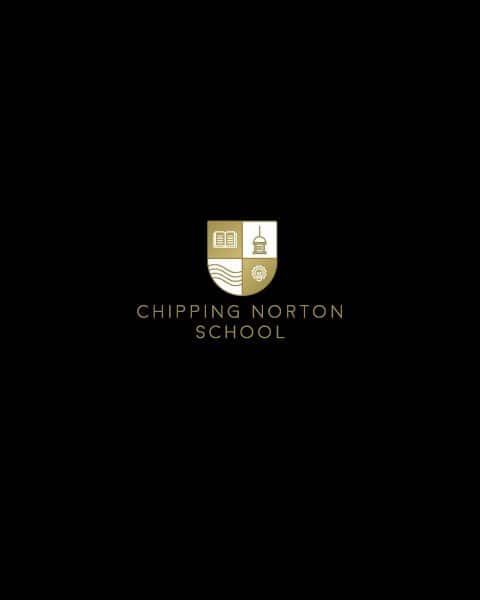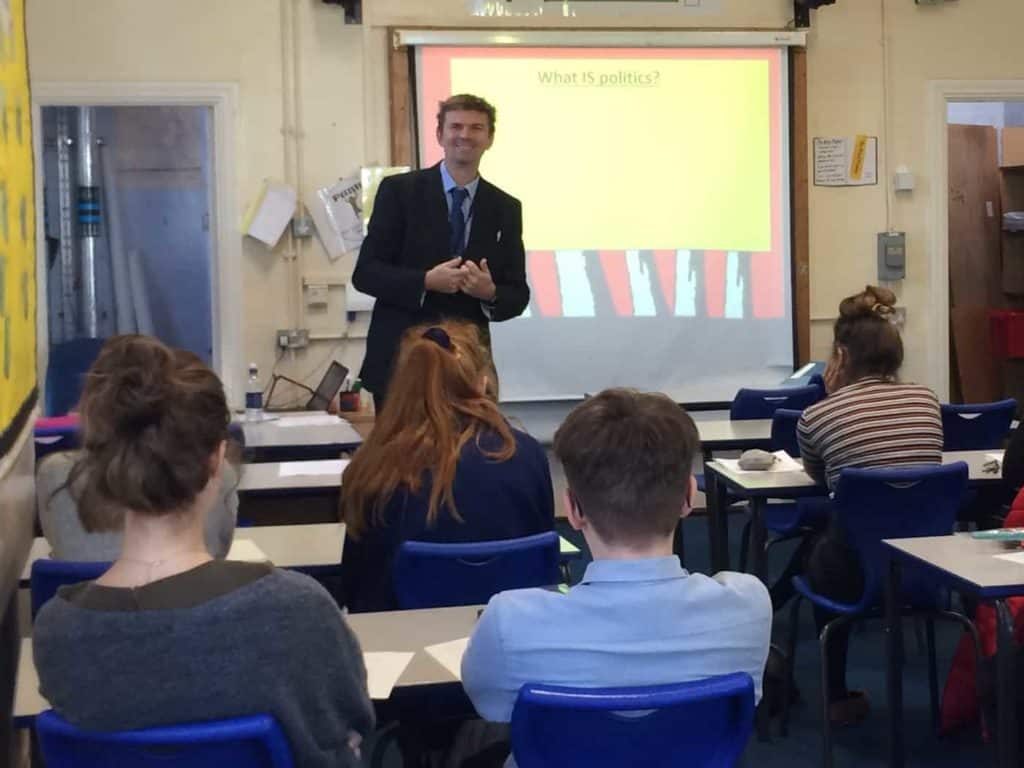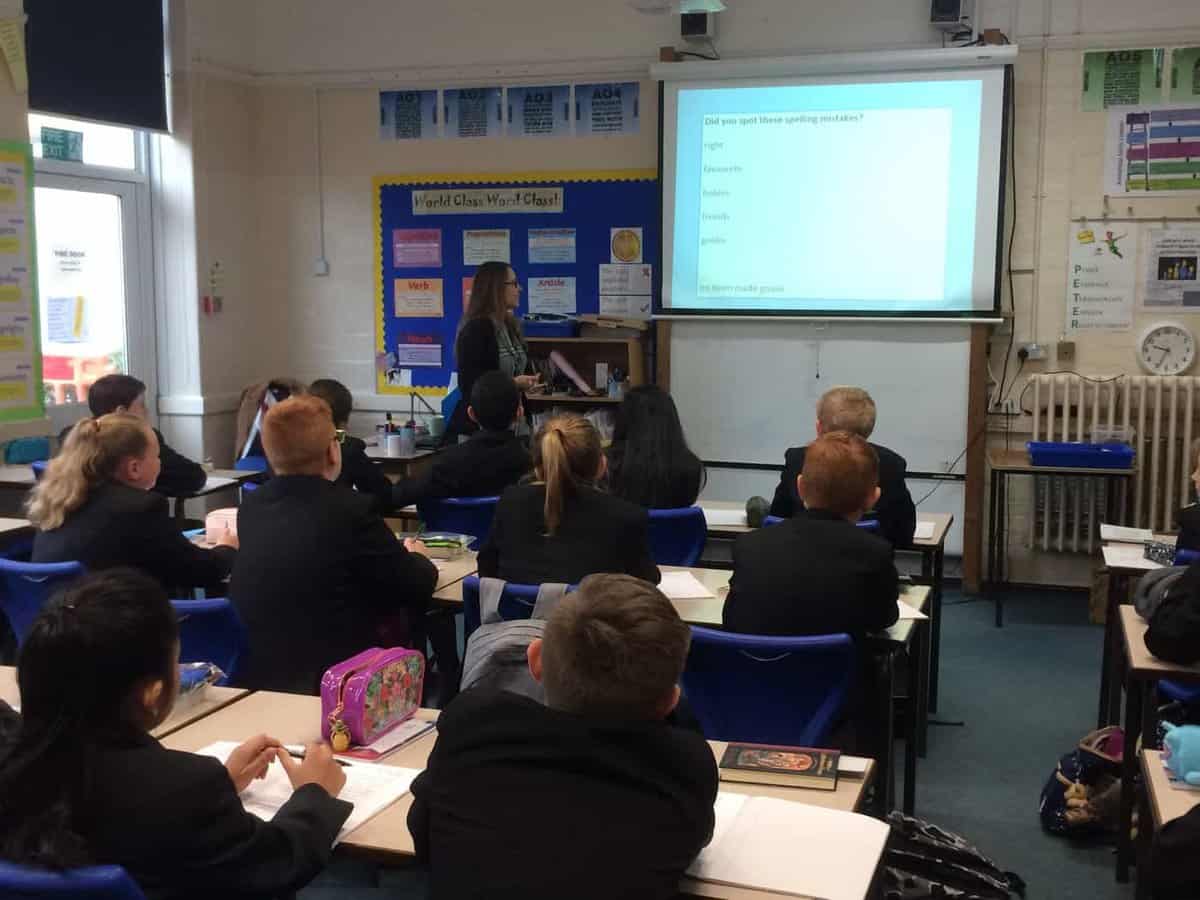Miss Millar, Head of English, has three separate Masters Degrees: English Literature, Journalism, and Researching Educational Practice. Prior to teaching, Miss Millar taught English as a foreign language at international summer camps for children from around the world. Miss Millar joined Chipping Norton School in 2015 and especially loves teaching poetry, Shakespeare and grammar. Her favourite author is Julian Barnes for his dry humour, but her all- time favourite novel is George Elliot’s ‘Middlemarch.’ Miss Millar enjoys furniture restoration in her spare time, as well as live comedy.
Mrs Nicholas, Assistant Head of Department and KS4 Coordinator, has a degree in English and Theatre Studies and a Postgraduate Certificate in Counselling. Mrs Nicholas joined Chipping Norton School in 2016, having taught in the Peak District for 10 years. She enjoys literature that explores the human condition and the psychology of characters. Her favourite novels include ‘Alias Grace’ by Margaret Atwood, and ‘We Need to Talk about Kevin’ by Lionel Shriver. Mrs Nicholas enjoys live comedy, and going for country walks with her family and her beloved dog, Alfie.
Mrs Duffy, Assistant Head of Department and KS3 Coordinator, studied English and Latin at university. Prior to becoming a teacher, she worked in marketing for Nestle in London. Mrs Duffy joined Chipping Norton School in 2012. Mrs Duffy enjoys the study of literature because it has so much to teach us about history, politics, social mores and moral values. Dickens’ ‘A Tale of Two Cities’ is her favourite book for its genius and suitability for all times and ages. In her ‘spare time’ Mrs Duffy can be found charging around after her own children and taking them to their various after school activities.
Mr Gent, Deputy Head Teacher, studied English Literature at university and joined Chipping Norton School in 2013. Mr Gent taught English as a foreign language in Poland before completing his PGCE. Mr Gent enjoys the way that great literature communicates truths that cannot be expressed in any other way. For this reason, he enjoys poetry, particularly the poetry of Blake, Keats and Shelley. Mr Gent’s favourite novels include ‘The Corrections’ by Jonathon Franzen and ‘A Fine Balance’ by Rohinton Misty. As part of his degree, Mr Gent specialised in Contemporary American Literature. As a result, he spends a lot of his spare time trying to write stories in the style of Dave Eggers, Jonathan Franzen and George Saunders.
Mr Long studied English and History at university. Before becoming a teacher, Mr Long worked as a miller and turner, and some of the things he made went into space on a European weather satellite! He also spent 15 years working on MRI scanners. Mr Long enjoys reading post-colonial and dystopian fiction, tending to be drawn to novels that explore the struggles of the poor or the displaced. His favourite books include Orwell’s ‘1984’ and ‘Docherty’ by William McIlvanney. In his spare time, Mr Long enjoys motorcycling, surfing, playing the drums, watching live comedy and looking after his pet reptiles.
Miss Elvin
Miss Elvin studied English Literature and Film at university. Before obtaining her PGCE at Oxford University, she contributed to arts education as a drama facilitator at Chippy Theatre and the charity Artburst. Miss Elvin became captivated with teaching and community service when she taught English to refugees in London and Manchester. In her leisure time, Miss Elvin enjoys cooking, hiking, playing the guitar, and immersing herself in literature through audiobooks and reading.
Ms Skill took Drama, Theatre and Performance Studies at university, recently completing her MA in Education Policy. Before joining CNS in 2019, she trained with Teach First, then worked in West London leading a school rewards system. Unsurprisingly, Ms Skill spends a lot of her time at the theatre, as well as painting and – as a stereotypical English teacher – writing poetry.
Nichola Huddleston our Curriculum LSA left school and started working in the financial services sector, where she studied in the evenings for professional financial qualifications. After having her three children she retrained as a learning support assistant gaining her NVQ level 3. She transitioned from primary to secondary building over 15 years experience. She enjoys reading WW1 and WW2 novels. In her spare time she likes to travel, exercise and cook.




